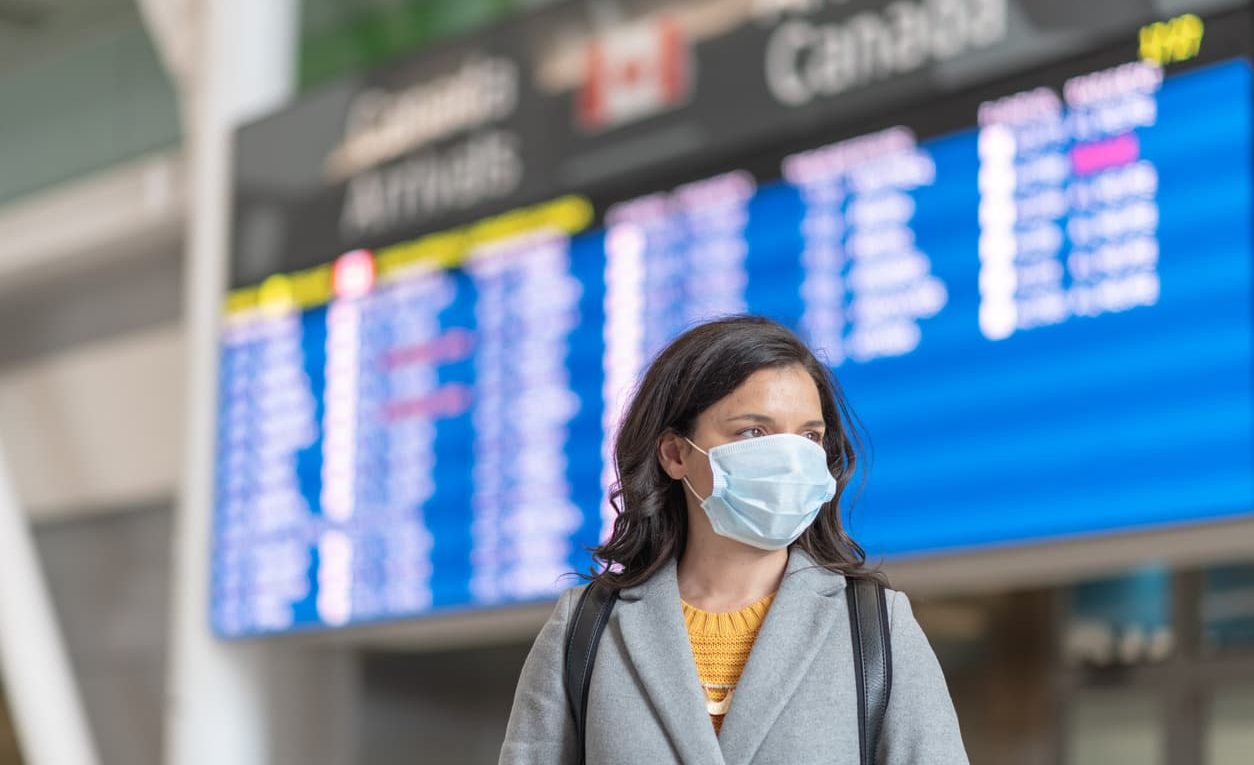
Between March 31 and Nov. 12, Canada had 6.5 million arrivals. Of those, approximately 5 million were exempt from the mandatory 14-day isolation requirement.
In late March of this year, Canada put in place travel restrictions. These restrictions forbid any non-essential travel to Canada. Essential workers, some students, and only some classes of new permanent residents could come to Canada at that time.
Since then, the government has relaxed some of the rules. International students are mostly free to return to their studies. The immediate family and extended family of Canadians can also visit. There are also compassionate grounds exemptions for those wishing to attend a funeral or to spend time with a dying relative.
If you are allowed to come to Canada, one thing we heard again and again was, you must self-isolate for a period of 14 days and report your information to the government.
But for the vast majority of visitors, this requirement does not apply.
Who is exempt from quarantine restrictions
Based on the numbers compiled by the Canada Border Services Agency (CBSA) for CBC News, the majority of visitors to Canada are exempt from quarantine.
In order to receive an exemption, you must either seek approval in advance or be working in a field deemed essential. This includes flight crews, emergency response providers, as well as those transporting goods and services. In fact, truckers account for nearly half of all quarantine exemptions.
Even if you are exempt from the mandatory 14-day isolation period, you are not exempt from other public health guidelines. All individuals, unless medically exempt, must wear masks when indoors or when you are unable to social distance. You should avoid unnecessary travel within Canada and if you have COVID-19 symptoms, you must self-isolate.
Ministerial permission to skip quarantine
Certain Canadian government ministers are able to grant exemptions if they are in the national interest of Canadians and the Canadian economy. The number of exemptions granted by ministers pales in comparison to the exemptions given to essential workers.
To date, there have been 1700 ministerial exemptions to the quarantine requirement. Some of the exemptions for the worlds wealthiest have garnered criticism from across the political spectrum but the majority of exemptions have been for professional athletes.
Immigration Minister Mendicino’s office said he has granted quarantine exemptions for 1,503 professional athletes and staff with the National Hockey League, Major League Soccer and Major League Baseball.
“Within strict health and safety constraints, these exemptions were granted to support economic growth and recovery, and to give Canadians some ‘normalcy’ during an incredibly difficult time,” said Alexander Cohen, press secretary to Minister Mendicino.
What’s the harm in exempting so many visitors?
It’s difficult to document the spread of COVID-19 since contract tracing is at the level it should be. The Public Health Agency of Canada (PHAC) estimates that the percentage of COVID-19 cases linked to international travel has ranged from 0.4 per cent in May to 2.9 per cent in July
The other concern is that if these exemptions give the appearance that they are only given out to the wealthy or business elite, it might create overall distrust of the public health guidelines for other visitors. Creating an ‘if billionaires don’t have to do it, why should I?’ type of mentality.
Some localities in Canada are already experimenting with rapid COVID tests in lieu of a 14-day isolation period but these have not been widely adopted. What is still unclear is the effect a COVID-19 vaccine will have on exemptions from the quarantine requirement. It’s likely that once vaccination is more widespread, we could start seeing exemptions for vaccinated individuals, regardless of their reason for travel.